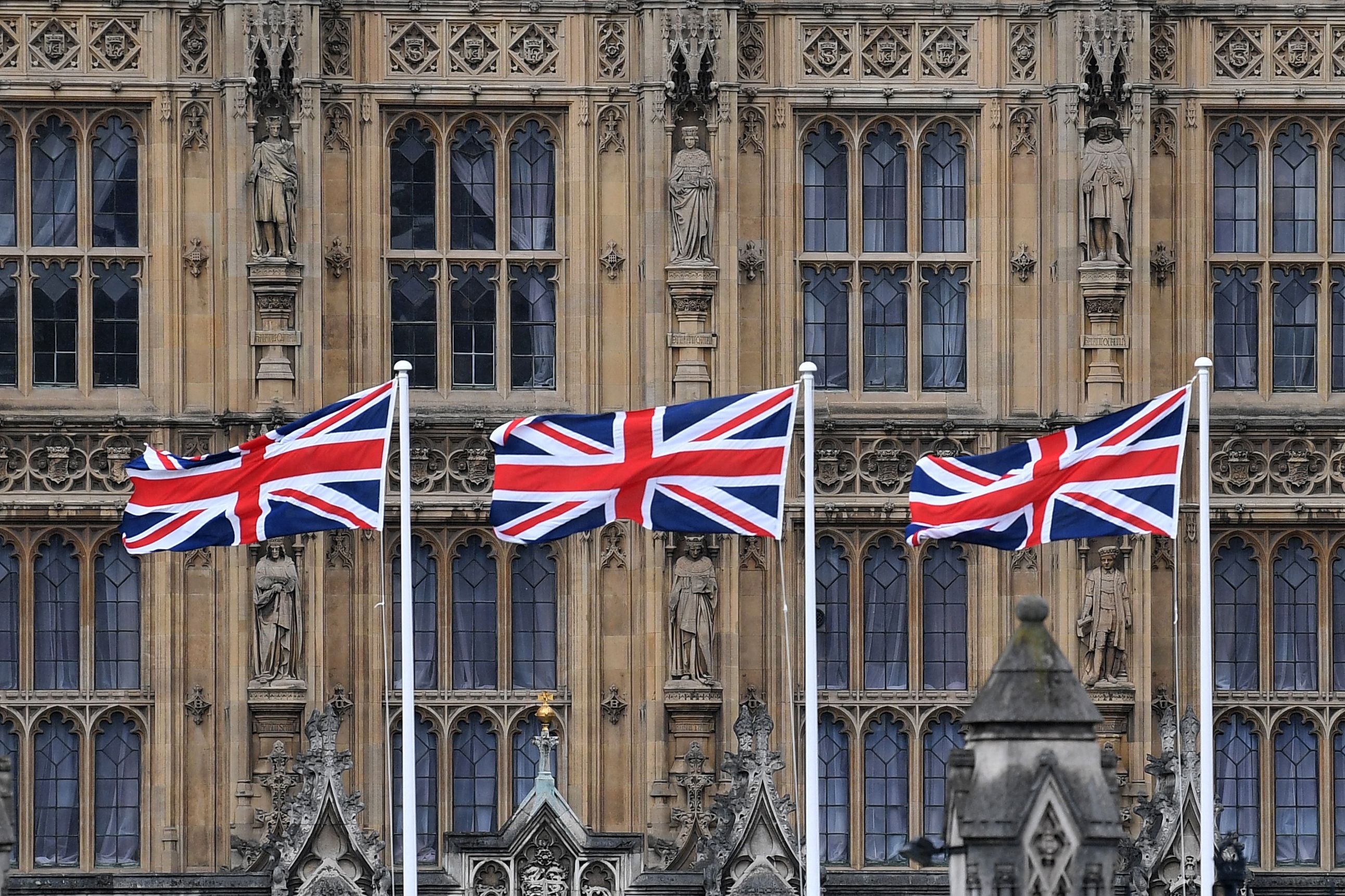The lesson of the Brexit referendum is that Johnson will need to make an emotional case for the union
A panicky raising of the flag, directly funding local projects in Scotland, the furlough scheme – and a successful vaccine rollout – won’t cut it, writes Andrew Grice


There are no new ideas in politics, only old ones. After the Scottish independence referendum in 2014 proved a closer race than the UK governing class expected, Whitehall officials drew up plans to fly the union flag from government buildings in order to “learn lessons” and bolster support for the union.
This week, the plan was revived: the flag will be flown every day at all government buildings in England, Scotland and Wales “as a proud reminder of our history and the ties that bind us”.
The move might discomfit Labour, but it won’t make any difference in Scotland, where Brexit has transformed politics since the 2014 vote. Back then, the Scottish National Party drew support from voters who wanted competence and further devolution, as well as people backing independence, and from Remainers and Leavers in equal measure.
Today, nine in 10 SNP voters want to break away from the UK, and the party is twice as popular among Remainers as Leavers. Ironically, Boris Johnson’s quest for UK sovereignty has fuelled demands for Scottish sovereignty.
Support for independence will be tested at the Scottish parliamentary elections on 6 May. The Conservatives’ hopes that the SNP’s civil war would inflict a fatal blow to Nicola Sturgeon and her party have melted away. An independent inquiry cleared her of breaking the ministerial code over her handling of sexual harassment allegations made against her predecessor and mentor Alex Salmond.
Read more:
Although she was criticised by a parliamentary investigation into the affair, the Tories had hoped the two findings would be the other way round; if Sturgeon had broken the code, she says she would have resigned.
The Tories bungled their attack. They tried to force Sturgeon out before the parliamentary inquiry had even concluded; its verdict was undermined by leaks that helped the SNP rather than opposition parties, allowing Sturgeon to brand it “partisan”. The Tories now face a battle for second place with Labour, revitalised under a new leader in Anas Sarwar.
Labour has been badly squeezed by the polarised politics of the union, but is promising a post-Covid recovery on the economy, health and education – rather than a focus on the constitutional question. As the Tories are unlikely to win many SNP converts, they privately want Labour to take votes from Sturgeon’s party.
Senior Tories still hope Sturgeon will be weakened by recent events. Indeed, the picture of a one-party state exposed by the inquiry, with blurred lines between party, government and law officers, was a rotten advert for independence. Despite a slight dip in support for a breakaway, however, opinion polls suggest that the SNP still has a 50-50 chance of winning an overall majority in May, according to John Curtice, professor of politics at Strathclyde University.
True, the SNP is not as confident of an overall majority as it was two months ago. Sturgeon would love to get over that line, because when it did so in 2011, David Cameron accepted it as a mandate for a referendum. But even if the SNP falls short of outright victory in May, there will almost certainly be a pro-independence majority in the new parliament; the Greens, who also back separation, will likely hold the balance of power.
In either scenario, Johnson will probably refuse to allow a referendum and will stall for time, saying the pandemic is not the right moment for a divisive debate on the union. But that isn’t a viable long-term strategy, as it would build support for a public vote – and probably for independence itself.
The Darwinian struggle between Sturgeon and Salmond has left scars, and the SNP’s turmoil is not over. Despite Sturgeon’s pledge to hold a referendum in the next two and a half years, her SNP critics doubt her commitment to an early vote. Her priority is to persuade the UK government to allow a legally watertight referendum – rather than to stage a wildcat vote that unionists would boycott.
It is now clear the SNP is not going to self-destruct at this critical moment, as the Tories had dared to hope. With the election campaign now under way, Salmond will find fewer SNP backers for prolonging the war by launching another legal action and asking the police to intervene.
On Friday, Salmond unexpectedly announced the creation of a new party, Alba, which will aim to win a “super-majority” for independence by contesting seats in the party list section of the proportional voting system. Although he insisted that this was an “entirely positive” move to prevent SNP votes being wasted and to make it harder for Johnson to reject a referendum, his critics will see it as an attempt to return to public life and remain a thorn in Sturgeon’s side.
On the eve of the campaign, Sturgeon reminded us she is a canny operator by announcing a 4 per cent pay rise for NHS workers, adding to Johnson’s embarrassment over his miserly 1 per cent offer.
Now that Sturgeon has survived, Johnson may soon face a similar struggle – to prevent Brexit provoking the breakup of the union, which would mean the end of his premiership. A panicky raising of the flag, directly funding local projects in Scotland, the furlough scheme – and a successful vaccine rollout – won’t cut it. The lesson of the Brexit referendum is that a “project fear” campaign on the economics of independence won’t work either; to preserve the union, Johnson and fellow unionists will need to make an emotional case for it.
Join our commenting forum
Join thought-provoking conversations, follow other Independent readers and see their replies
Comments